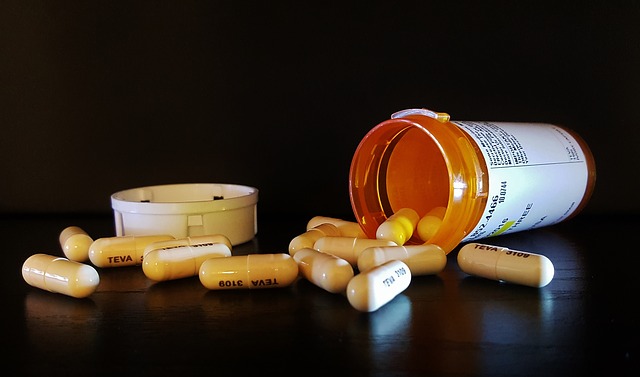 When antibiotics were invented in the mid 20th century, just after World War II, they were hailed as the biggest medical breakthrough of our time. Infections that used to kill people were now easy to treat. Many public health issues were suddenly eradicated.
When antibiotics were invented in the mid 20th century, just after World War II, they were hailed as the biggest medical breakthrough of our time. Infections that used to kill people were now easy to treat. Many public health issues were suddenly eradicated.
But it turns out that too much of a good thing can be bad. Infections, like tuberculosis, which were wiped out with antibiotic use, threaten to make a comeback as a public health risk.
Western medicine is discovering that over prescribing antibiotics is causing these miracle drugs to be less and less effective. Bacteria-resistant infections are now on the rise, threatening to make antibiotics useless at treating both common and life-threatening conditions.
Antibiotic resistance occurs when antibiotics kill unwanted bacteria, making room for a new breed of super bacteria which, by genetic quirk, are immune to certain antibiotics. Antibiotic overuse is giving bacteria plentiful opportunity to educate themselves on how to avoid getting killed by their former foes. The concern is that the proliferation of super bacterial strains that resist treatment will put us back into the predicament we were in before WWII, or worse.
This issue has the doctors at the World Health Organization very concerned. Infections as common as strep throat can once again kill those with impaired immune systems.
Those most vulnerable in our society have weaker immune system, which typically encompasses the very old and the very young. Toddlers with an immature immune system are at a greater risk for dying from an infection. As are adults with compromised immune systems from poor diets, an overload of toxins and chronic stress.
Because the medical community is catching onto the effects of over prescribing antibiotics, the practice is being curtailed by doctors and in hospitals. But surprisingly the biggest consumers of antibiotics are not humans, but rather animal livestock raised for meat.
Conventionally raised chicken and beef are fed a diet to which antibiotics are added from birth. Antibiotics are not just used on the sick animals, but all the animals because it makes them grow bigger. Some chicken producers even go as far as injecting antibiotics into eggs that haven’t hatched.
Livestock use 80 percent of the antibiotics sold in the U.S. The concern is that this abuse will cause large-scale antibiotic resistance in human infections. Top health official in Britain have called this potential problem an “apocalyptic scenario”.
The people profiting from current antibiotic use are big pharmaceutical companies selling drugs to big agribusiness livestock producers. The use of antibiotics also allows the livestock producers to keep their animals in cruel and over crowded conditions without worrying about the usual infectious effects.
Those profiting argue that antibiotics are put into animal feed in very low doses. They also site studies that say this will not affect human health, but these studies are commissioned by the pharmaceutical producers themselves.
The benefit to the American public from these agricultural practices is to an abundant supply of cheap meat. This has caused a doubling of meat consumption from 90 pounds per person in the 1940s to 184 pounds per person in the peak year of 2004.
Since 2004 meat consumption has been declining among health conscious consumers who know that eating animals fed a lifetime of antibiotics will add trace amounts of antibiotics to their own bodies. In response, grass fed, organic and pastured-raised animals, which were never fed hormones or antibiotics, are increasing in demand.
People who want to prevent the impending calamity of antibiotic resistance vote with their dollars when purchasing antibiotic-free meat.
And those concerned about the perils of contracting incurable bacterial infections know that strengthening their immune system is the best bet against getting dangerously or fatally sick with antibiotic resistant infections.
The 21-Day Body Makeover helps keep the immune system strong through cleansing and healthy eating habits. This keeps the body resilient against infection or able to mount a strong defense without the use of antibiotics.

